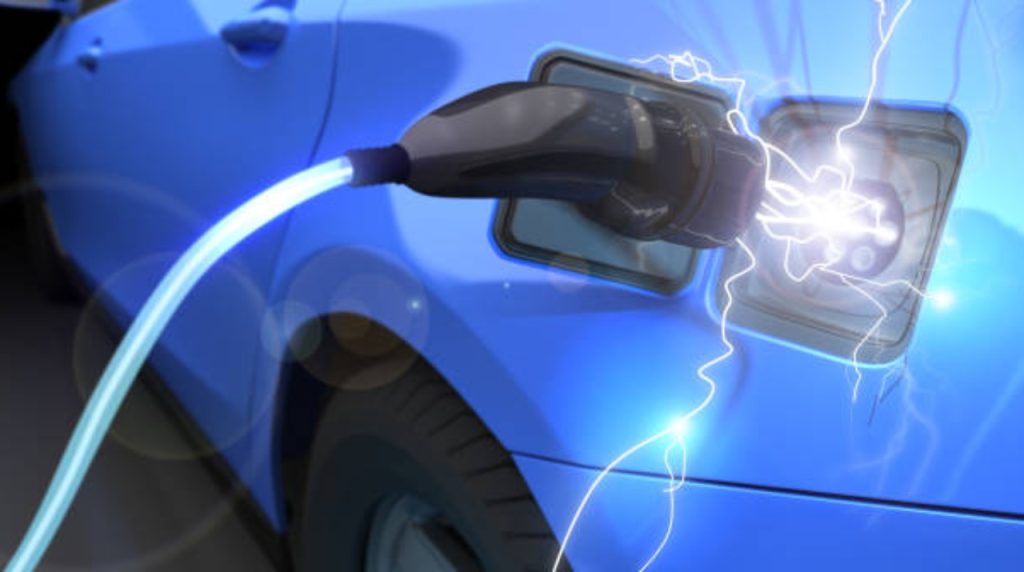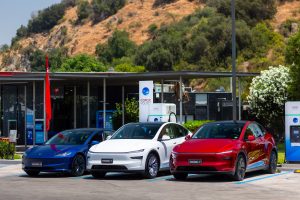
Hybrid and Electric Vehicles: Differences

The automotive industry is strongly focused on continuing its growth in the use of hybrid and electric vehicles due to global regulations mandating the reduction of carbon dioxide emissions.
There will come a time, within a few years, when only 100% electrified cars will be on the roads. However, until that happens, hybrid models are still widely used.
Some people may wonder how to make this transition, as it’s not easy for everyone to give up the habit of driving a fossil fuel-powered car in favor of one with a different mechanism.
Related content: ABB Terra 360: Details of the World’s Fastest and Most Compact Charging Station
In this situation, the most advisable step is to start with a hybrid vehicle to avoid relying entirely on an electric motor. Nevertheless, if you still have doubts, we present the differences between hybrid and electric cars.

Hybrid Vehicle
A hybrid car is one that combines a gasoline engine with an electric motor, utilizing the advantages of both and providing efficient power, fuel savings, and some miles in electric mode.
These cars use both gas and electricity, which is one of their most notable advantages. However, on the downside, they tend to be expensive due to the manufacturing technology used by companies in the sector.
There are also plug-in hybrid models that recharge their electric energy through a connector.
Electric Car
Currently the most popular and soon to dominate the market. Electric cars use 100% electric motors to generate energy. Contrary to what some may think, these vehicles deliver the same power or even more than a gasoline or diesel-powered car.
Among their most outstanding advantages is the environmentally friendly factor, excellent for short trips, although it all depends on the range they offer. The downside is that they tend to be expensive.





